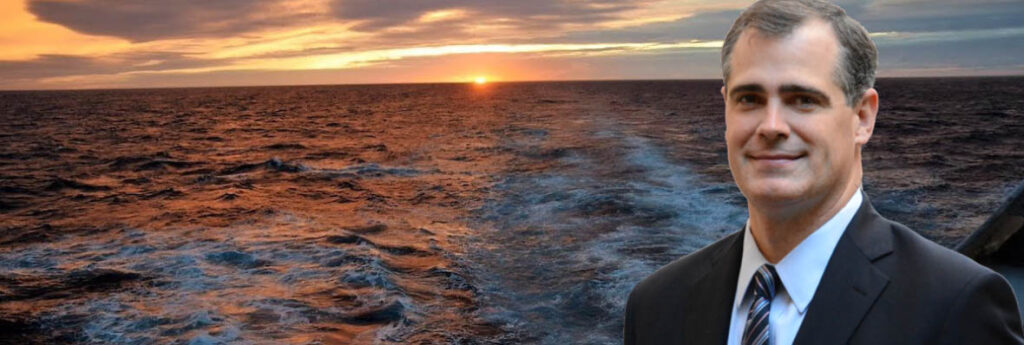If cruise lines were states, they would be the safest states in the country, says the president of the American Society of Travel Advisors (ASTA), who has taken aim at the latest US Centers for Disease Control and Prevention’s (CDC) warning that people – even when vaccinated – should avoid cruising again due to the omicron variant surge.
“An increase in reported COVID cases on cruise ships should surprise no one given the worldwide spike driven by the highly-transmissible omicron variant,” says Zane Kerby.
But he adds, “The difference between enjoying a cruise vacation and visiting your local grocery store or restaurant, however, is the extraordinarily stringent anti-COVID measures put in place voluntarily by the cruise lines, in close consultation with the CDC. These measures include testing, vaccination, sanitation, mask-wearing, and other science-backed measures, as well as protocols to respond to potential cases of COVID-19.”
Kerby’s comments come amid reports of multiple virus outbreaks on cruise ships around the world, from Portugal to Brazil, the latter officially curbing cruises at least until Jan. 21.
However, Kerby contends, “If the average cruise ship were a US state, it would be the safest in the country – by far. According to Royal Caribbean Group, since cruising restarted in the US in June 2021, its ships have carried 1.1 million guests with 1,745 people testing positive – a positivity rate of 0.02%. Among US states as of Jan. 4, Alaska’s positivity rate is the lowest at 9.4%, with Georgia’s the highest at 38.7%.
He continues, “Cruising is no more responsible for the spread of the omicron variant than travellers from southern Africa were at the outset of the current crisis. But we continue to see knee-jerk reactions singling out travel for discriminatory treatment. Because the travel industry is regulated more heavily than other activities, when COVID caseloads rise or new variants emerge, travel takes the hit. It brings to mind the old saying, ‘If all you have is a hammer, everything looks like a nail.’ This pattern needs to stop.
“The Administration has shown flexibility on its anti-COVID measures of late, including the recent decision to lift the Nov. 26 travel ban on eight countries in Southern Africa. We call on it to do the same here. At this stage in the pandemic, the tools exist to allow us to combat this virus without crippling an entire sector of the US economy in the process. Let’s use them.”
The Cruise Lines International Association agrees with Kerby, calling the new CDC guidance “perplexing,” insisting that cases identified on cruise ships “consistently make up a very slim minority of the total population onboard –far fewer than on land – and the majority of those cases are asymptomatic or mild in nature, posing little to no burden on medical resources onboard or onshore.”
CLIA maintains “No setting can be immune from this virus – however, it is also the case that cruise provides one of the highest levels of demonstrated mitigation against the virus. Cruise ships offer a highly controlled environment with science-backed measures, known testing and vaccination levels far above other venues or modes of transportation and travel, and significantly lower incidence rates than land.”
It adds that while being disappointed by and disagreeing with the CDC’s actions to “single out the cruise industry – an industry that continues to go above and beyond compared to other sectors – CLIA and our ocean-going cruise line members remain committed to working collaboratively with the CDC in the interest of public health and safety.”

